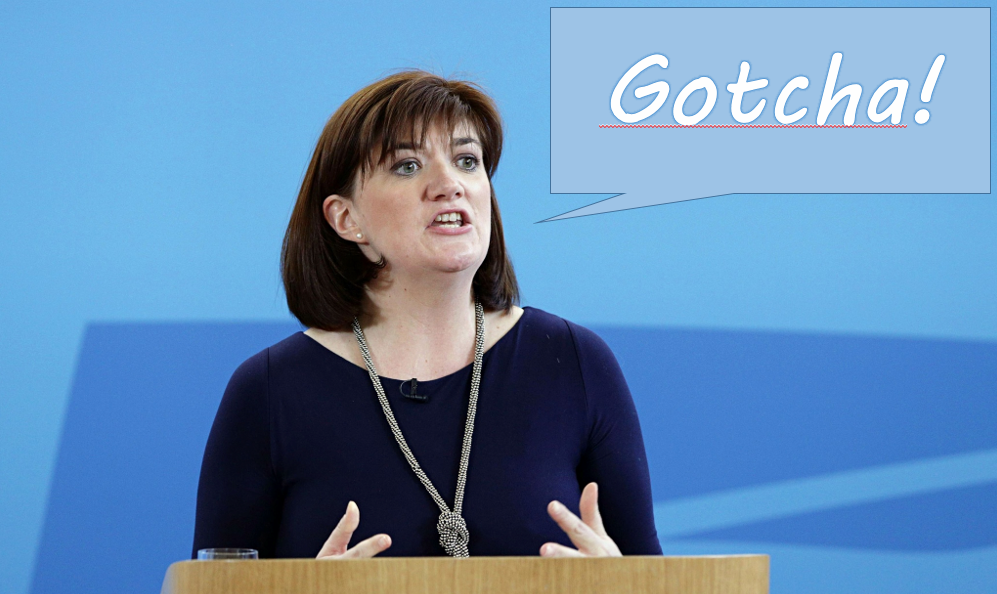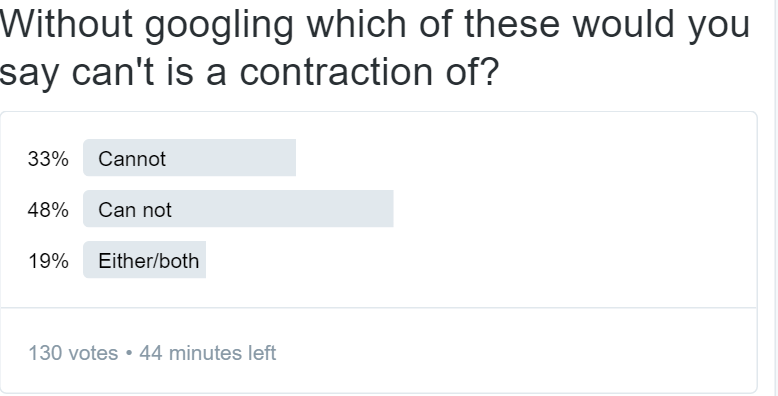|
As I have said in my previous posts - I am not opposed to testing. I do not like high stakes testing and how the tests are used to judge teachers and schools.
However, I am against tests that are filled with 'booby traps' and questions designed to confound and bamboozle young children. I call them 'trick questions,' but it has been pointed out to me that they are not trick questions just difficult ones. I have come across a few sample SPAG test questions recently that have made me think. The first from the KS1 Sample test.
"We want children to be able to identify verbs in a sentence." says one civil servant.
"I agree!" says Morgan "but how can we make it as tricky as possible?" "Let's put them in the past tense and make them irregular!" "Then just to trip those 6 or 7 year olds who may be stressed and flustered by the tests we'll put in an adjective that looks very much like a verb." "Yes, Yes, Yes!" squeals Morgan with delight! "Gotcha!" she shouts, pumping a fist in the air. The second question is from a KS2 Sample test. The question is testing the child's understanding of apostrophes for contraction. So the (un) civil servants designing the tests have lots to choose from. In their question the could ask which words have been contracted to form the following: Shan't, Couldn't, Wouldn't or even Won't which is common but irregular. Which do they choose? One that is the most irregular. Unique amongst its peers. Can't - You may not think this is very difficult. However, Can't is the only* contraction that is formed from a single word. Cannot - no credit will be given if the children write 'can not'. This is grammatically correct but it is again another trap, into which 10 and 11 year olds who have not been exposed to a full and rigorous grammar curriculum, will fall into. I know they will because I carried out a very unscientific experiment. I asked the following question on twitter.
I would like to think most of my twitter followers are well educated adults, most of whom are teachers or within the educational system. However, as you see from the image above only 1/3 of the 130 respondents would be given credit on a Spag test and this wasn't in a highly pressurised timed test.
So 1/3 of adults would have got credit but many schools are aiming for at least 85% of their students getting these correct. Fair? I do not think so. Please share these examples far and wide. Parents of our children need to be outraged by questions like this. Parents need to know how the government are purposely trying to make children fail in their tests. As I always I welcome your comments. Rob *I couldn't think of another one word contraction other than cannot.
8 Comments
Dominic McCabe
5/2/2016 06:38:59 am
The whole SPaG focus is questionable. It is easy from an objective, indirect assessment perspective to test the discrete subskills. Computer marked tests on non-global skills move the focus of education to the more quantitative factory system aspect of education and reduce teachers' roles to technical ones and learners' roles and goals to those centred around an mcq type approach to knowledge.
Reply
John Mitchell
5/2/2016 01:46:22 pm
This seems rather like politically biased claptrap
Reply
Rob
5/2/2016 08:22:18 pm
Please elaborate further John, I would love to hear some more of your comments.
Reply
Bas Aarts
5/2/2016 02:05:33 pm
See: https://grammarianism.wordpress.com/2016/02/05/booby-traps-in-the-spag-test/
Reply
Rosemary
5/2/2016 08:20:23 pm
I observed some very basic grammatical errors in your own sentences!!eg.this is..........trap into which children....will fall INTO. And surely one would not say "our government are" government here is singular.
Reply
Rob
5/2/2016 08:24:29 pm
Hi Rosemary,
Reply
7/2/2016 10:18:53 am
Gosh.... seems some of your followers are also pedants....
Reply
23/2/2016 09:15:46 pm
In the first round of SPaG tests, the question was:
Reply
Leave a Reply. |
Archives
July 2020
Categories
All
|


 RSS Feed
RSS Feed
